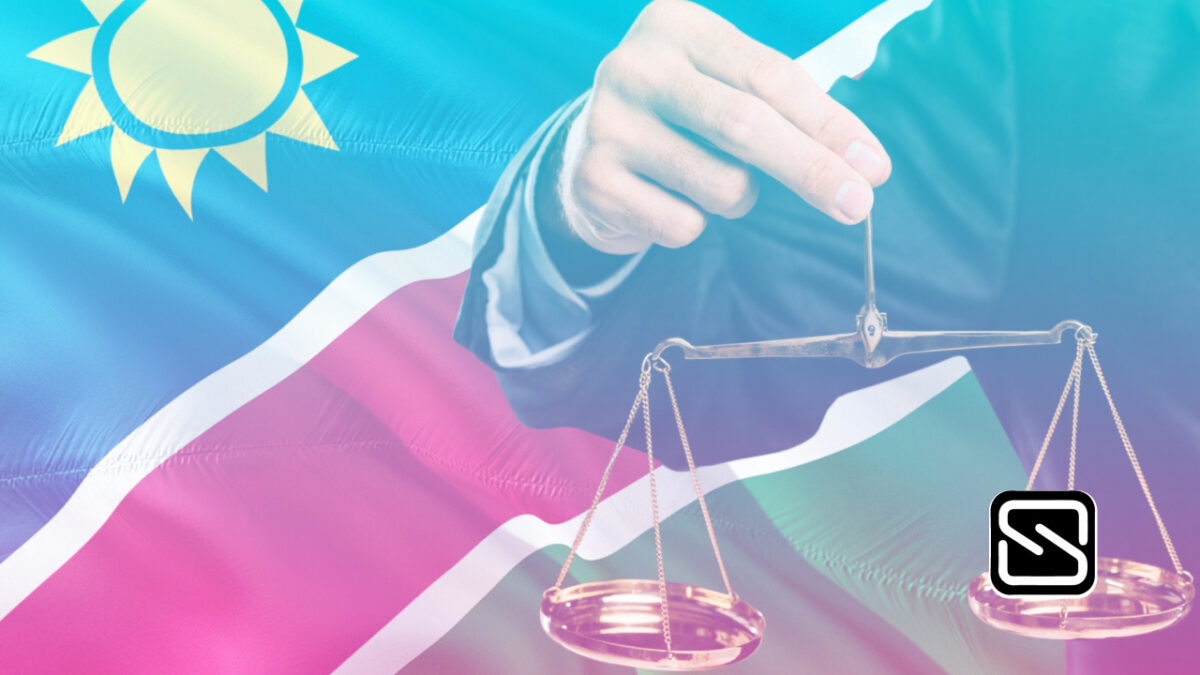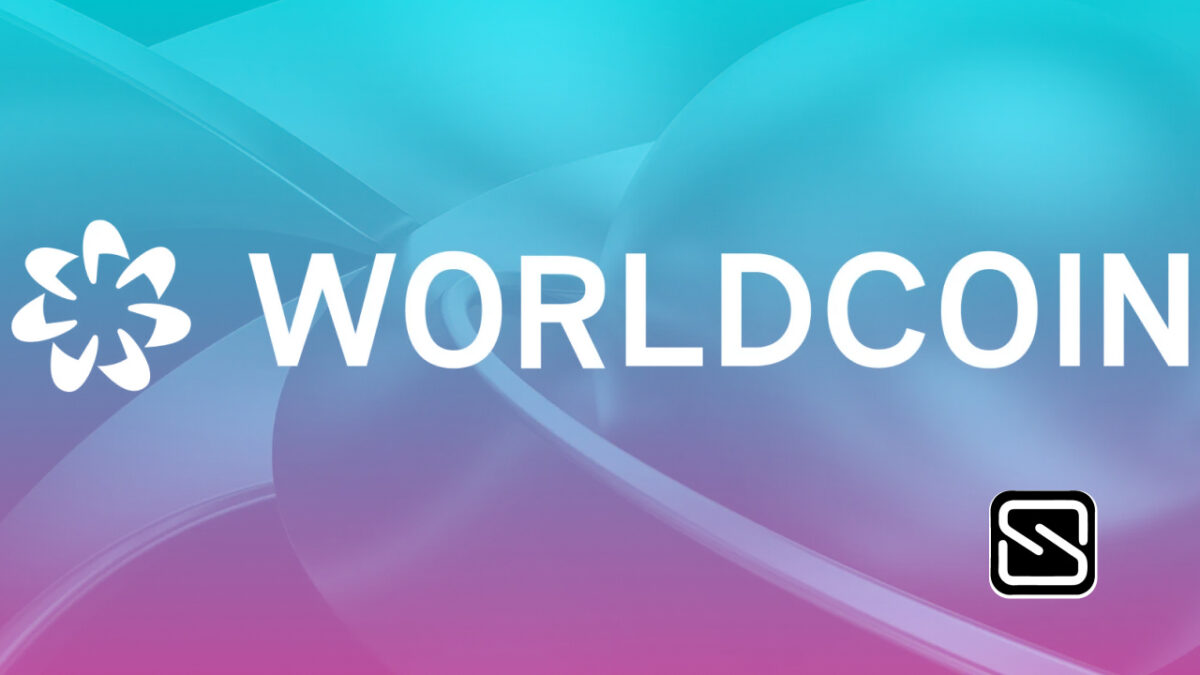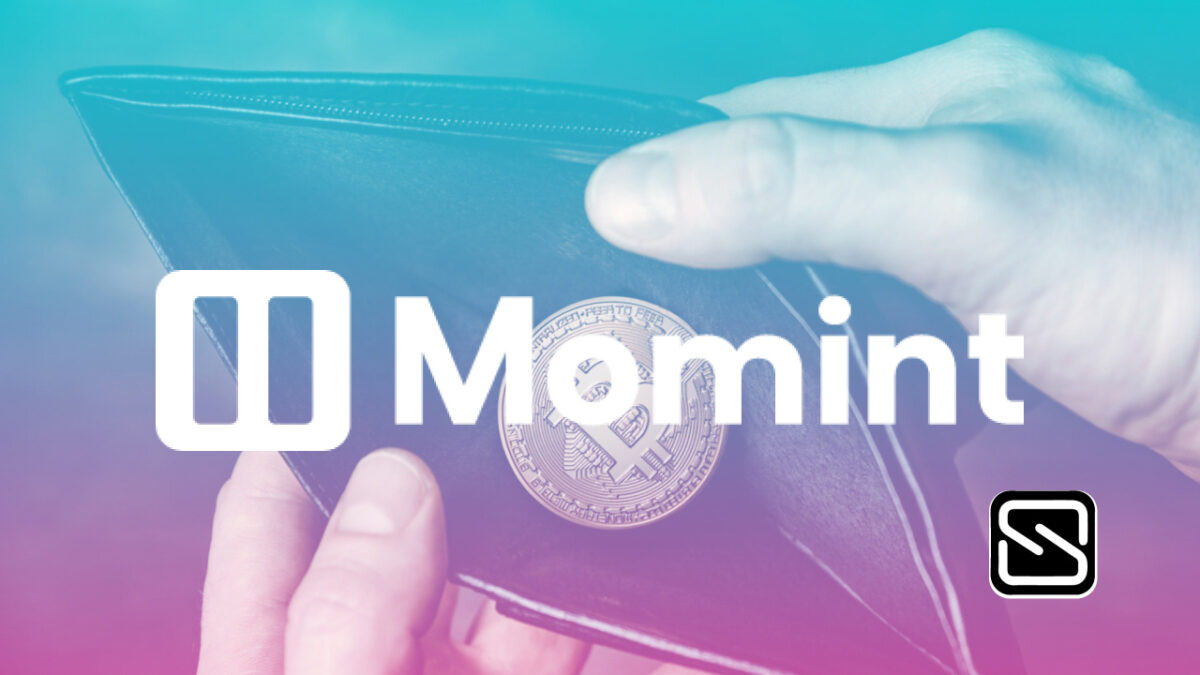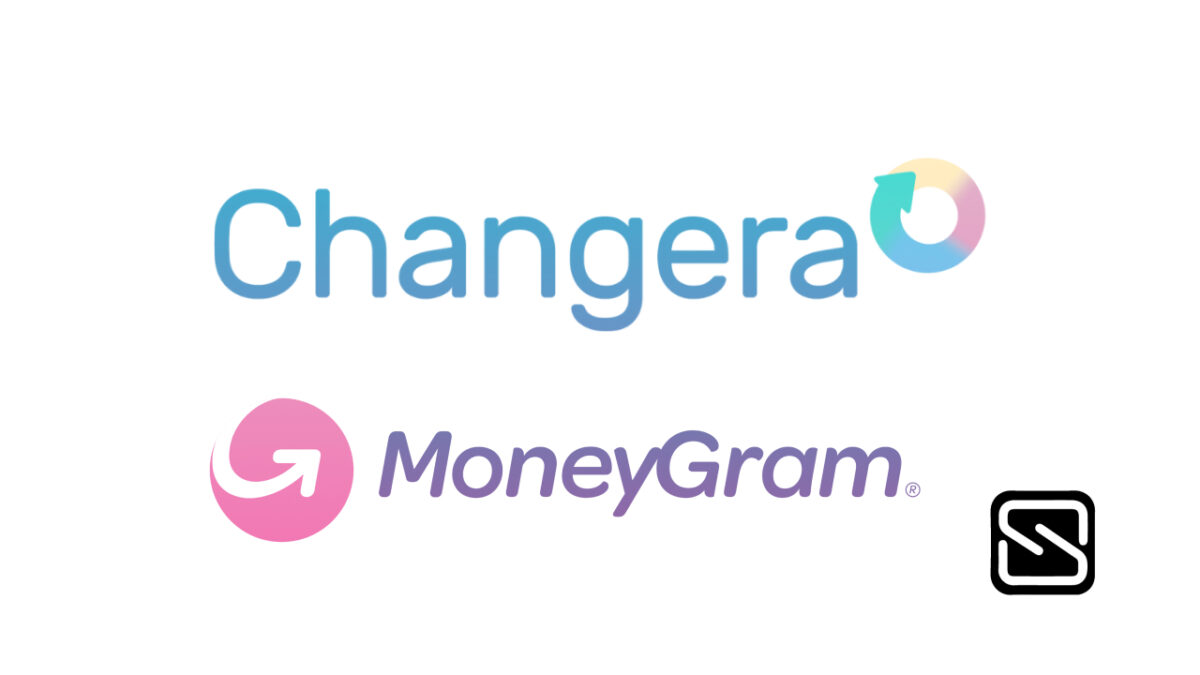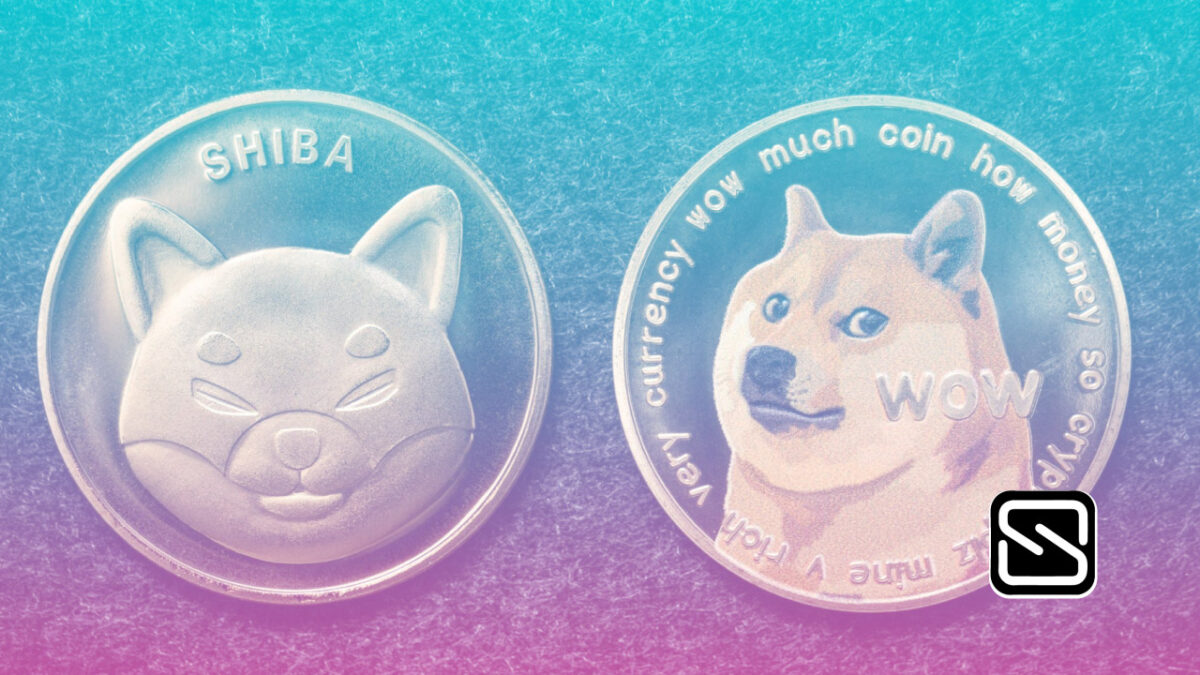The Namibian Government’s recent decision to sign a law regulating Virtual Asset Service Providers (VASPs) marks a significant shift from its previous stance of banning cryptocurrency exchanges. The Namibia Virtual Assets Act 2023 is a crucial milestone in the country’s approach to regulating cryptocurrency-related activities. This article explores the implications of this new law, its objectives, and its potential impact on the broader cryptocurrency landscape in Africa.
Namibia’s legal U-turn began in May 2018 when the Bank of Namibia revised its initial decision to ban cryptocurrency exchanges. Fast forward to July 2023, and the country has officially embraced a regulatory framework to supervise crypto exchanges. This move signals a maturing attitude towards virtual assets and showcases Namibia’s willingness to embrace technological advancements in the financial sector.
Key Objectives of the Namibia Virtual Assets Act 2023
a. Consumer Protection: One of the primary focuses of the law is to safeguard consumers engaging in cryptocurrency transactions. By establishing a regulatory authority, the government seeks to ensure that consumers are not exposed to fraudulent or unreliable services.
b. Preventing Market Abuse: The law addresses concerns about market manipulation and fraudulent activities related to virtual assets. By implementing regulatory measures, Namibia aims to maintain market integrity and investor confidence.
c. Combating Money Laundering and Terrorism Financing: The Act also targets money laundering and terrorism financing risks associated with cryptocurrencies. By imposing strict compliance measures on VASPs, the government seeks to mitigate potential threats and align with international anti-money laundering standards.
The law brings a strong deterrent for non-compliance, with penalties of up to 10 million Namibian dollars ($671,000) and a maximum of 10 years in prison for offenders. Such stringent measures are intended to encourage VASPs to adhere to the regulatory framework and foster a secure and transparent crypto market.
It’s worth noting that the Bank of Namibia maintains its position that cryptocurrencies will not be recognized as legal tender in the country. While this stance may limit cryptocurrencies’ use for everyday transactions, it does not hinder their potential as investment vehicles or stores of value assets. Namibia’s move towards regulation places it among a growing number of African nations actively engaging with cryptocurrency legislation. Countries like Botswana, Kenya, Mauritius, and Seychelles have already enacted their own regulatory measures, recognizing the importance of balancing innovation with investor protection.
However, some nations, like Cameroon, Ethiopia, Lesotho, Liberia, the Republic of the Congo, Sierra Leone, Tanzania, and Zimbabwe, continue to enforce a ban on cryptocurrencies. The diversity in regulatory approaches across the continent reflects the ongoing global debate on how best to handle the emergence of virtual assets.
As Africa continues to grapple with various regulatory approaches, Namibia’s embrace of crypto regulation sets a positive precedent for other nations to follow suit.
